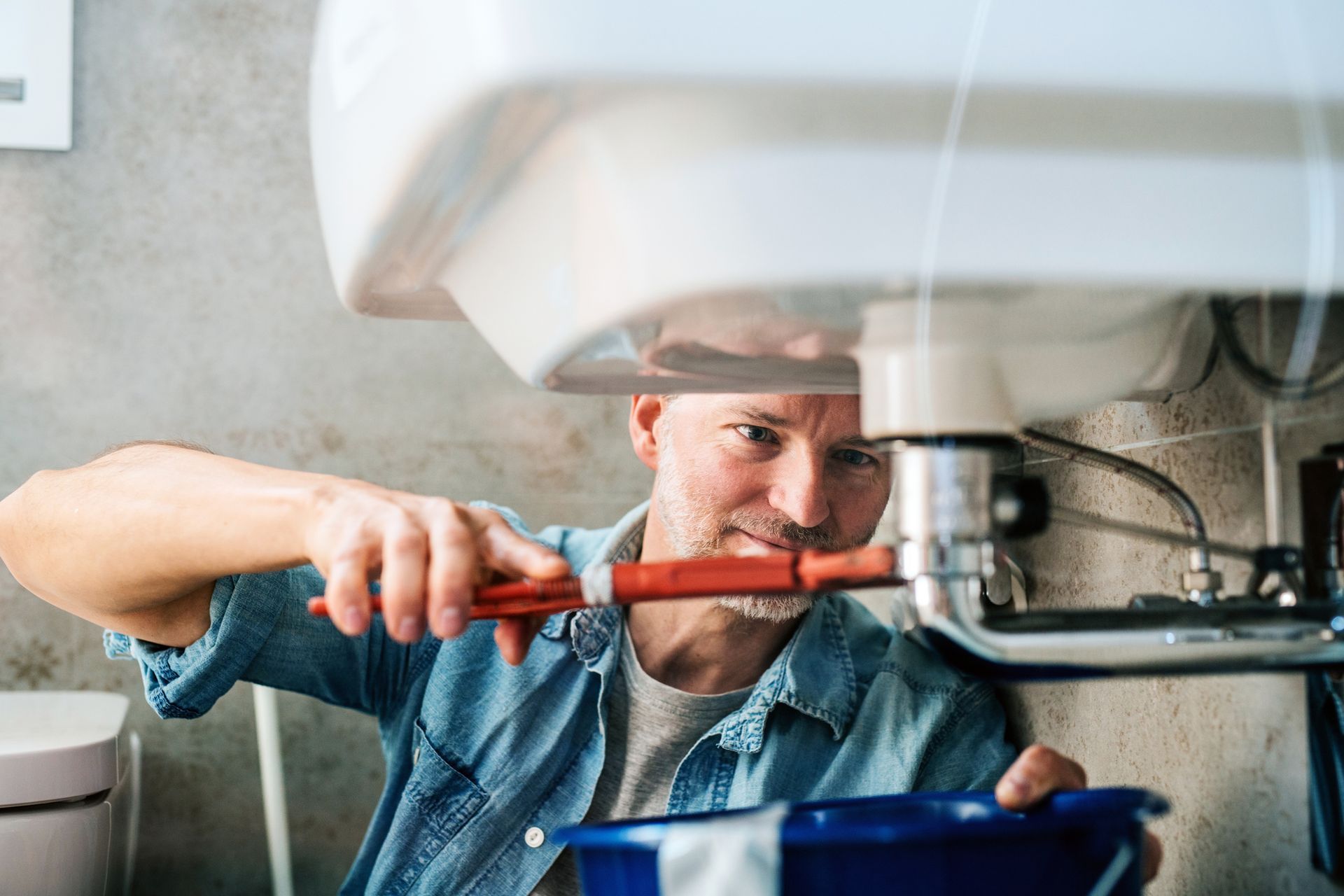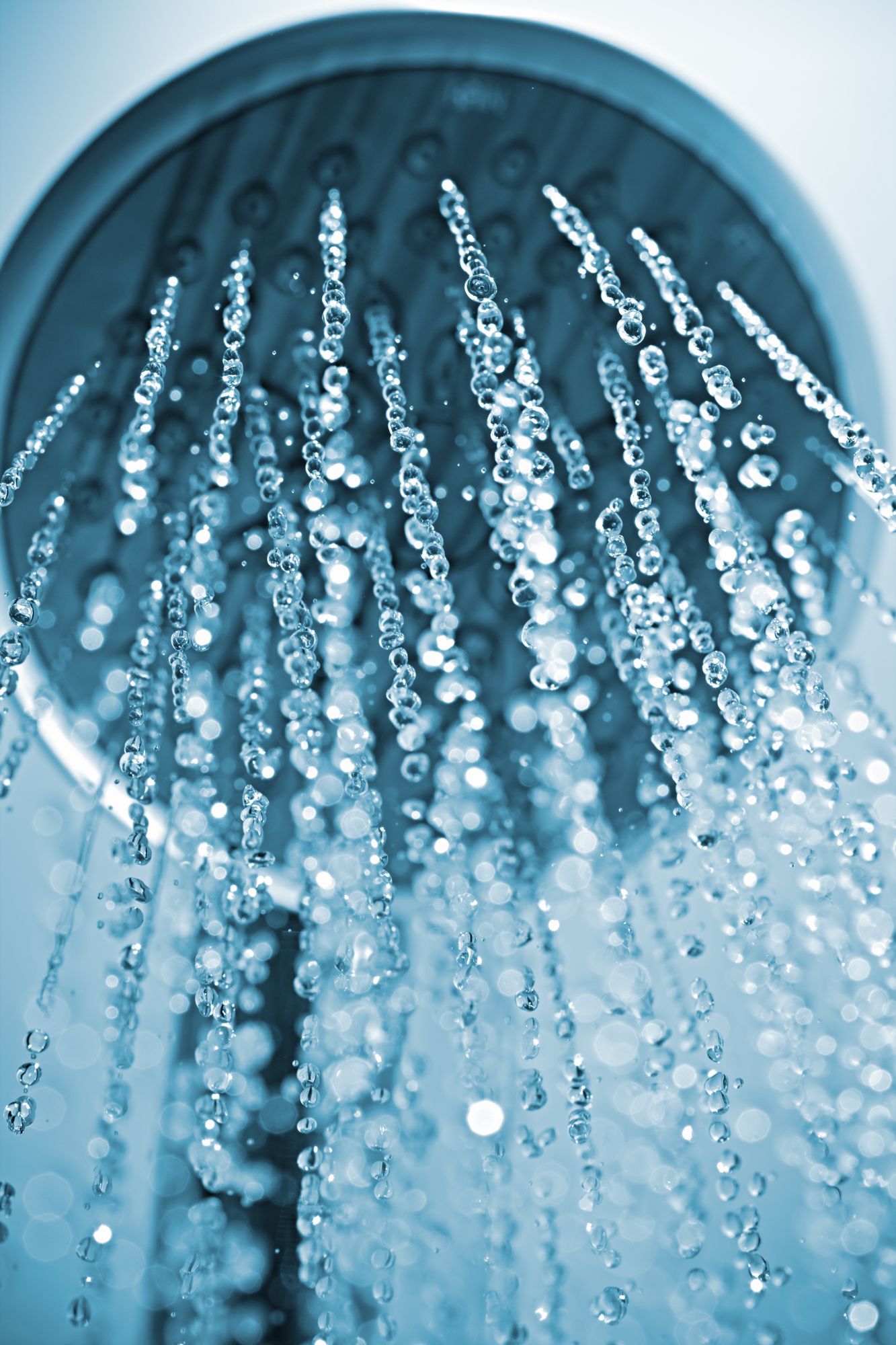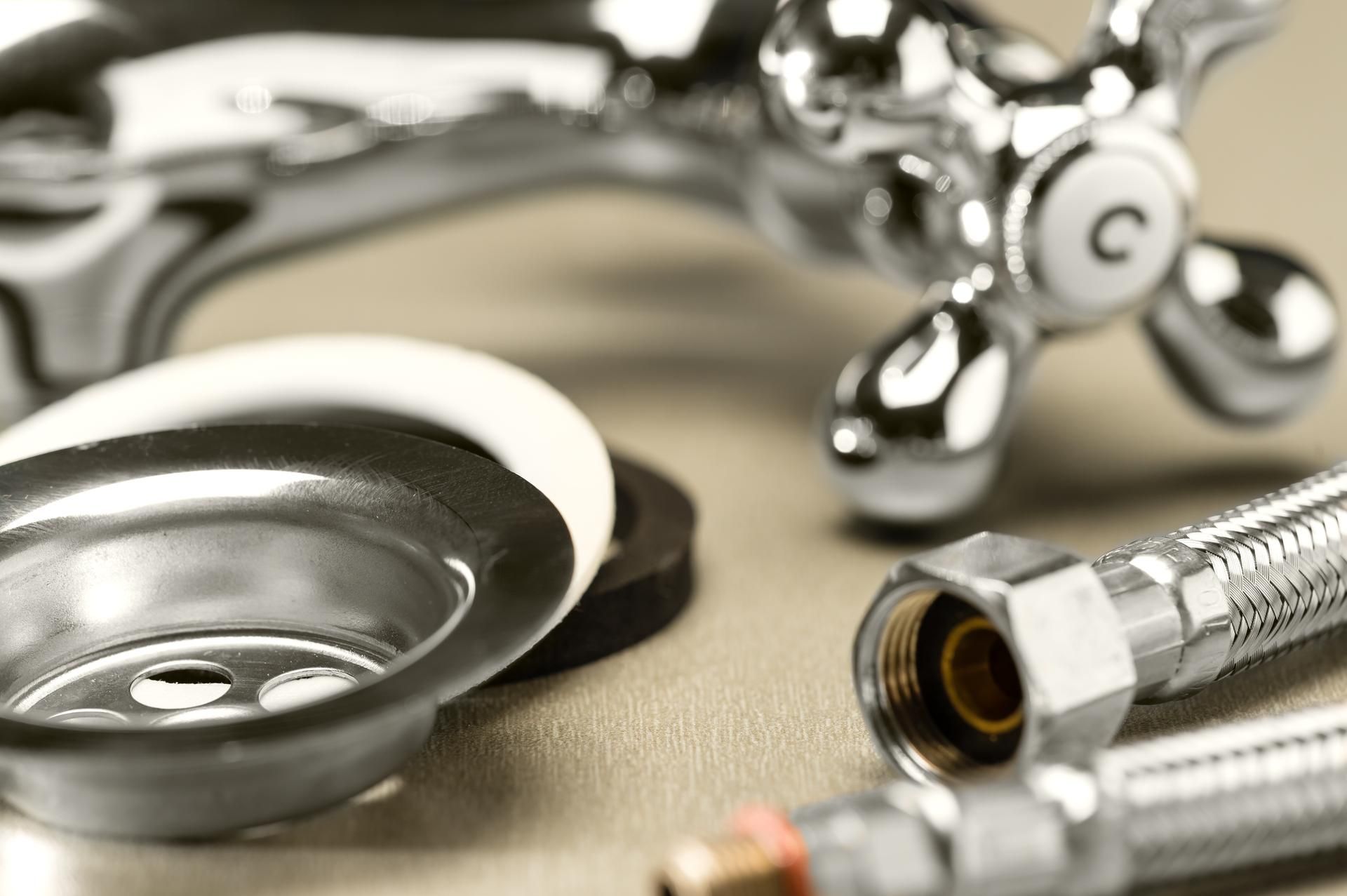4 Plumbing Issues That Can Impact Your Utility Bills

Homeownership can sometimes feel like business management, in the sense that you must constantly stay on top of the various threats to your household budget and expenses — including utility bills. The amount of money you must spend on electricity, gas, and water can vary greatly, especially in the face of a plumbing problem.
If you’ve struggled to understand strange and unexpected increases in your monthly utility bills, you may need to look for a potential plumbing issue that drives your usage up without your knowledge. Take a moment to explore four kinds of plumbing issues that can cost you a lot of money while also creating other problems for your family.
1. Water or Sewer Line Issues
If you connect to the municipal water supply, water enters and exits your home via main underground lines. The main water line feeds water into your plumbing system, while the sewer line directs wastewater out of the home and into the sewage system for treatment. Problems in your water line can drive up your water bill.
Underground pipes can sustain damage from numerous stresses and strains, from natural ground shifting to tree root growth that puts pressure on the pipes. If a main water line cracks or breaks, escaping water will saturate the ground instead of flowing to your home, reducing water pressure and forcing you to use more water.
Today’s plumbing technicians can check for sewer line issues using state-of-the-art video technology. A fiber optic cable containing a tiny camera snakes its way through the line, relaying images to a video monitor. If the technicians see breaks in the line, they can replace the broken section of the pipe to restore normal water flow.
2. Plumbing Pipe Leaks
The pipes inside your home can leak just as invisibly as your underground water line. Clogs in the pipe can raise the water pressure until a seal, pipe joint, or length of pipe sustains damage. Corrosion can rot away the metals in a pipe until water starts to escape. Some homes may even have incorrectly installed plumbing pipes.
You might not know about this hidden (and expensive) source of water loss until it starts revealing itself through the damage it does. Look for telltale signs of leakage such as moldy drywall, damp spots on wall surfaces, peeling wallpaper or paint, and stains on the floor or ceilings. Your plumber can replace the leaky component. Also, you may consider installing water alarms to alert you of any leaks.
3. Toilet Troubles
The toilets in your home work by dumping water from the overhead tank into the bowl when you flush. This influx of water pushes the wastewater in the bowl down into the sewer line, which carries it away from your home. If any part of this process goes wrong, your toilet may run more water than it should, raising your water bills.
Possible reasons for a toilet that constantly runs or drips may include a faulty flush valve assembly, an aged flapper that no longer keeps toilet tank water from entering the bowl between flushes, rusty pipes, a worn wax seal at the base of the toilet, and nut or gasket failure. Plumbers can fix these kinds of problems easily.
If your toilet has seen better days and never flushed with great efficiency to begin with, consider replacing it instead of simply repairing it. Modern low-flush toilets use considerably less water with every flush, allowing you to reduce your water bill even more than if you’d simply fixed your old toilet.
4. Gas Line Failures
Even if your water bill seems reasonable, you may still experience high gas bills due to a plumbing problem. Some of the pipes running through your home carry natural gas instead of water. This gas can leak through a corroded pipe. The gas may also escape from a loose or weak connector at the junction of two lengths of pipe.
A spike in your gas bill may serve as the first warning that you have a gas pipe leak. Other symptoms include bubbling or gurgling water fixtures, dead plants, loss of efficiency in your gas-powered appliances, and a distinctive rotten-egg odor created by additives for the specific purpose of warning residents of potential danger.
A gas leak doesn’t just drive your utility bills up — it can also have toxic effects on the home’s occupants and pose a serious combustion risk. As soon as you suspect such a leak, call your gas supplier. If your gas is shut off, have your plumber examine the gas pipe system and make any necessary repairs.
If your utility bills seem to go up while your home plumbing system’s efficiency takes a noticeable nosedive, contact the professionals at Jim Dhamer Plumbing and Sewer, Inc. for help. Our technicians can inspect your system for leaks, mineral buildup, and any faulty parts that need repair or replacement. Call (630) 964-2222 today.
The post 4 Plumbing Issues That Can Impact Your Utility Bills appeared first on .
Leave A Reply
More Posts









